
Authorities handle the scene of stolen functional foods dumped in Quang Ninh - Photo: TTO
Will control from lab to market
For health protection foods, medical nutritional foods, and foods for children under 36 months old, the draft requires strict control of ingredients, safety indicators, quality, and uses right from the research and development stage until registration and release to the market.
Previously, businesses only needed to commit to compliance and take full responsibility, leading to a situation where some units intentionally mixed ingredients that had no real effect, just to advertise "explosively" on the label.
According to the Ministry of Health , this management model is referenced from countries such as Japan, Korea, and the US, to prevent poor quality products from entering the market.
Accordingly, in the registration dossier for health protection food products, the Ministry of Health has set out new regulations requiring businesses to clearly and fully report on the product development process, transparently from ingredients, uses to related scientific evidence.
First, businesses must report the basis for choosing the product formula. That means they need to explain why they combine those ingredients to create the main function, as well as explain the additional ingredients that may be added.
At the same time, research on interactions between ingredients, between ingredients and additives, and direct contact packaging (level 1 packaging) must also be carried out and clearly reported.
In addition, the entire testing process, including internal testing or clinical trials (if any), also needs to be fully summarized to prove the product is safe and effective before circulation.
Another important requirement is that businesses must explain in detail the origin and uses of each ingredient in the product. Each ingredient must be clearly declared as to whether it is of synthetic origin, or extracted from plants, animals, minerals, or microorganisms.
At the same time, businesses must specifically explain the effects of each ingredient, the reasons for combining them in the formula and how they contribute to the overall effects of the product. In addition, there must be a reasonable basis for the reasons for choosing the recommended dosage and the intended users as stated on the label, in order to protect the interests of consumers to the maximum extent.
Not only do businesses need to make commitments as currently required, they are also required to provide scientific evidence to prove the claimed uses in their profiles. This may include research, medical documents, reputable scientific publications on each ingredient as well as on the product formula, along with appropriate dosages.
The draft also requires businesses to publish quality indicators in addition to safety indicators, in compliance with the Law on Product and Goods Quality.
Previously, businesses only needed to submit safety test certificates, without having to prove actual quality. This loophole has led to many products being advertised one way but sold another, deceiving consumers.
These strict requirements from regulatory agencies not only help tighten the safety of functional foods but also rebuild trust among consumers, who are increasingly concerned about the quality and transparency of health protection foods on the market.
Mandatory registration of declaration for dietary supplements
The first highlight of the draft is the requirement that food supplements must register a product declaration before being circulated. Currently, food supplements are still in the group of pre-packaged processed foods, only needing to self-declare and take responsibility.
This has caused many businesses to take advantage of this to "bypass" management, classifying their products as dietary supplements to avoid stricter control requirements.
Not only that, because advertising content is not required, dietary supplements have exaggerated effects, causing confusion with health protection foods. This draft aims to completely prevent this fraudulent behavior, forcing businesses to be transparent from the announcement to the advertising stage, protecting consumer rights.
Source: https://tuoitre.vn/thuc-pham-chuc-nang-lap-lo-cong-dung-bo-y-te-se-kiem-soat-chat-luong-tu-phong-thi-nghiem-2025070411160209.htm








![[Photo] Hanoi is ready to serve the occasion of the 80th National Day Celebration on September 2nd](https://vphoto.vietnam.vn/thumb/1200x675/vietnam/resource/IMAGE/2025/8/29/c838ac82931a4ab9ba58119b5e2c5ffe)














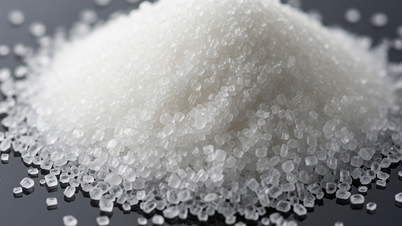

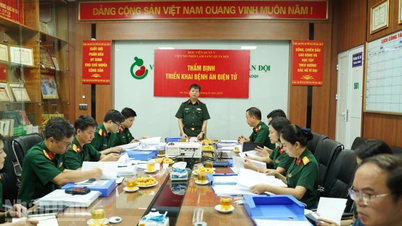









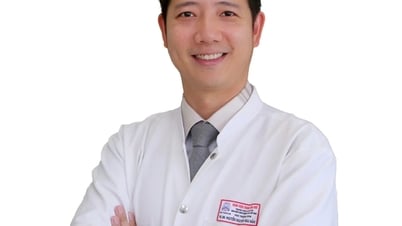














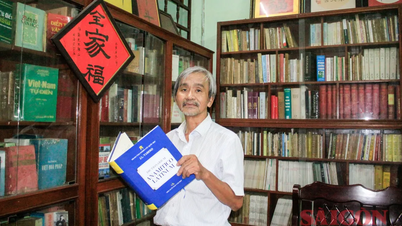































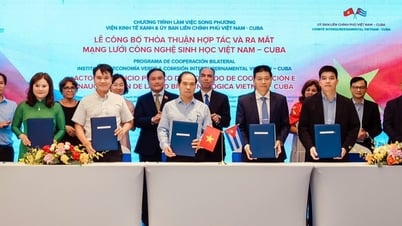






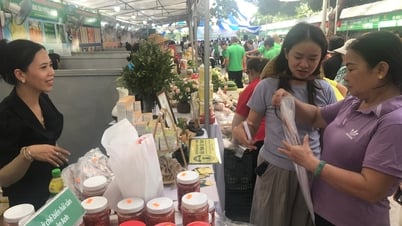





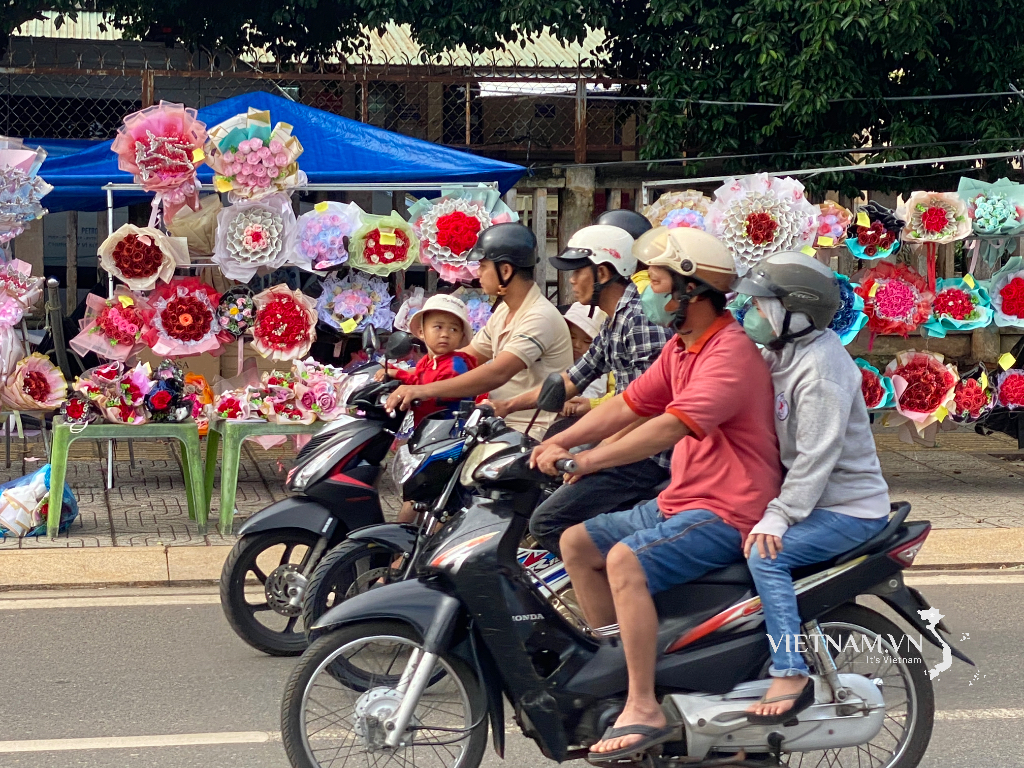

Comment (0)